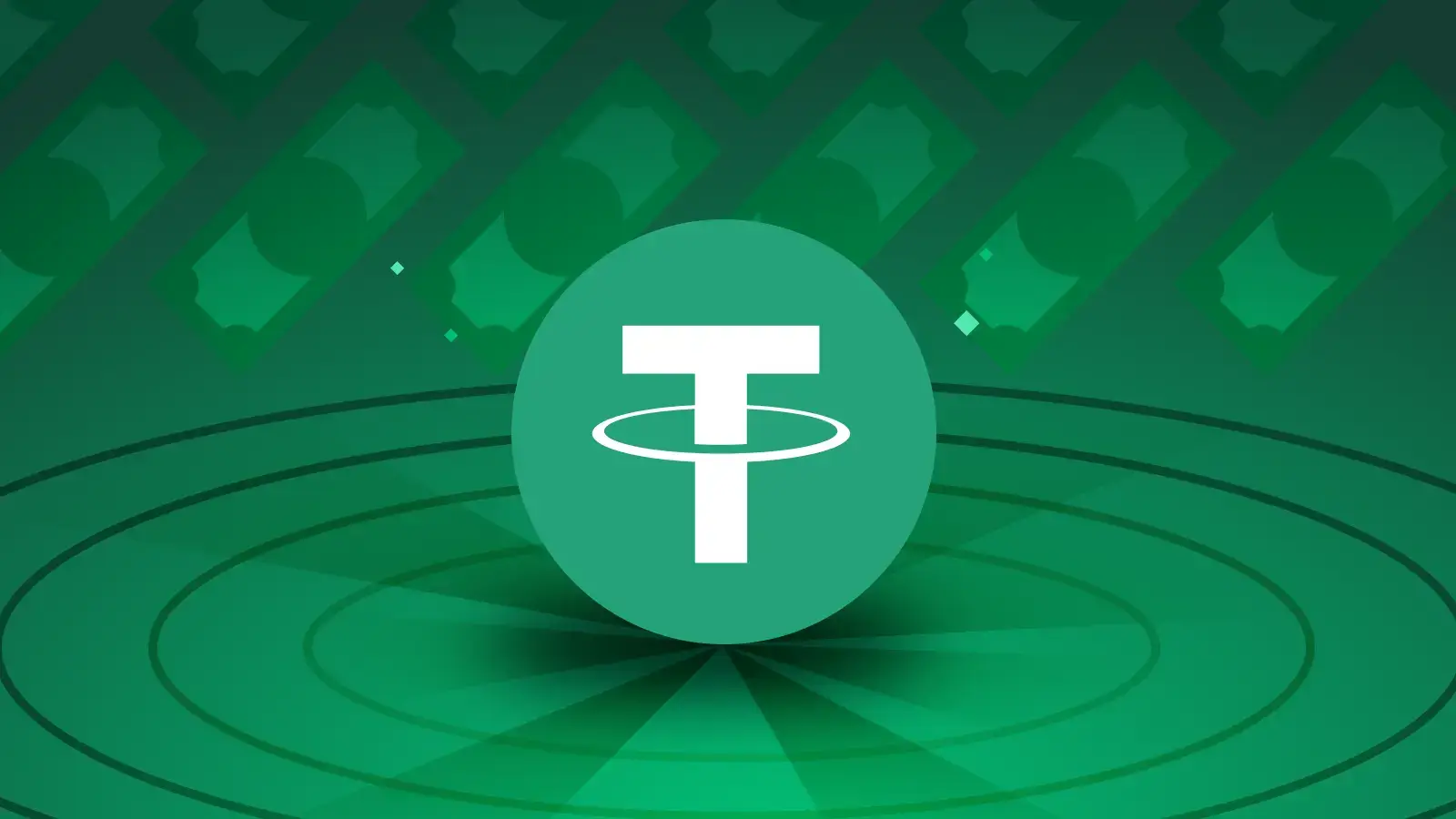In the world of cryptocurrency, Tether (USDT) stands out as one of the most popular stablecoins, pegged to the US dollar to maintain a stable value. However, its legal status and classification as a security have been subjects of debate among investors, regulators, and the crypto community at large.
Binance official register website
Is USDT Legal?
The legality of USDT varies from one jurisdiction to another. In some countries, it’s freely traded and used for transactions, while in others, it faces regulatory scrutiny or outright bans. The primary concern for regulators is the transparency and reliability of the backing of USDT, ensuring that for every USDT issued, there is an equivalent amount of US dollars held in reserve.
Is USDT a Security?
Whether USDT is considered a security depends on the legal framework of the country in question. In the United States, the Securities and Exchange Commission (SEC) has not definitively classified USDT as a security. However, the Howey Test, a standard used to determine whether an asset is a security, could potentially classify USDT as such if it is deemed an investment in a common enterprise with the expectation of profit derived from the efforts of others.
Conclusion
The debate over USDT’s legal status and whether it is a security highlights the broader challenges facing the regulation of cryptocurrencies. As the market evolves, so too will the legal and regulatory frameworks governing it. For investors and users of USDT, staying informed about regulatory developments is crucial to navigating the complexities of the crypto space.
